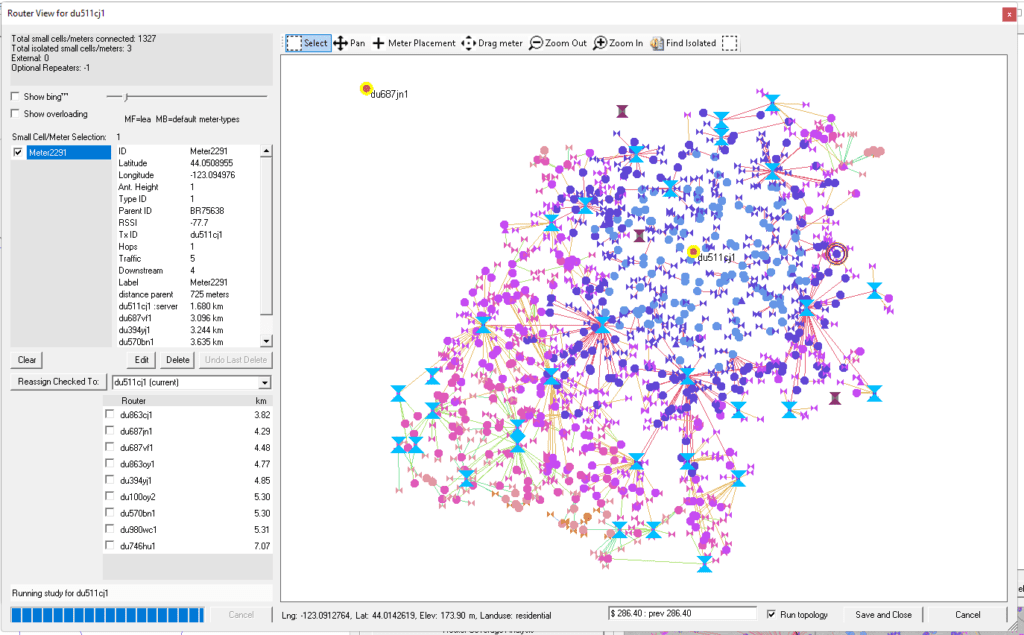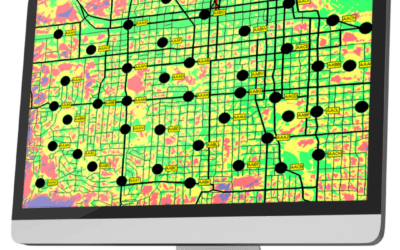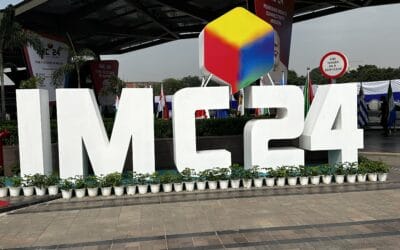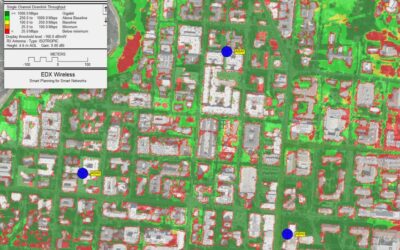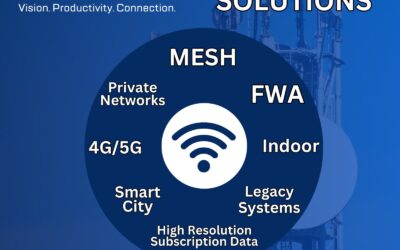Wireless networks get more complex by the day. More and more devices are being connected, with smaller cells and higher frequencies and transmitters at street level, where they are susceptible to the environment. In addition, these networks must meet reliability, low latency, and redundancy requirements not only for performance, but to ensure a properly balanced network that is scalable for the future. As such, precision planning is not a small task.
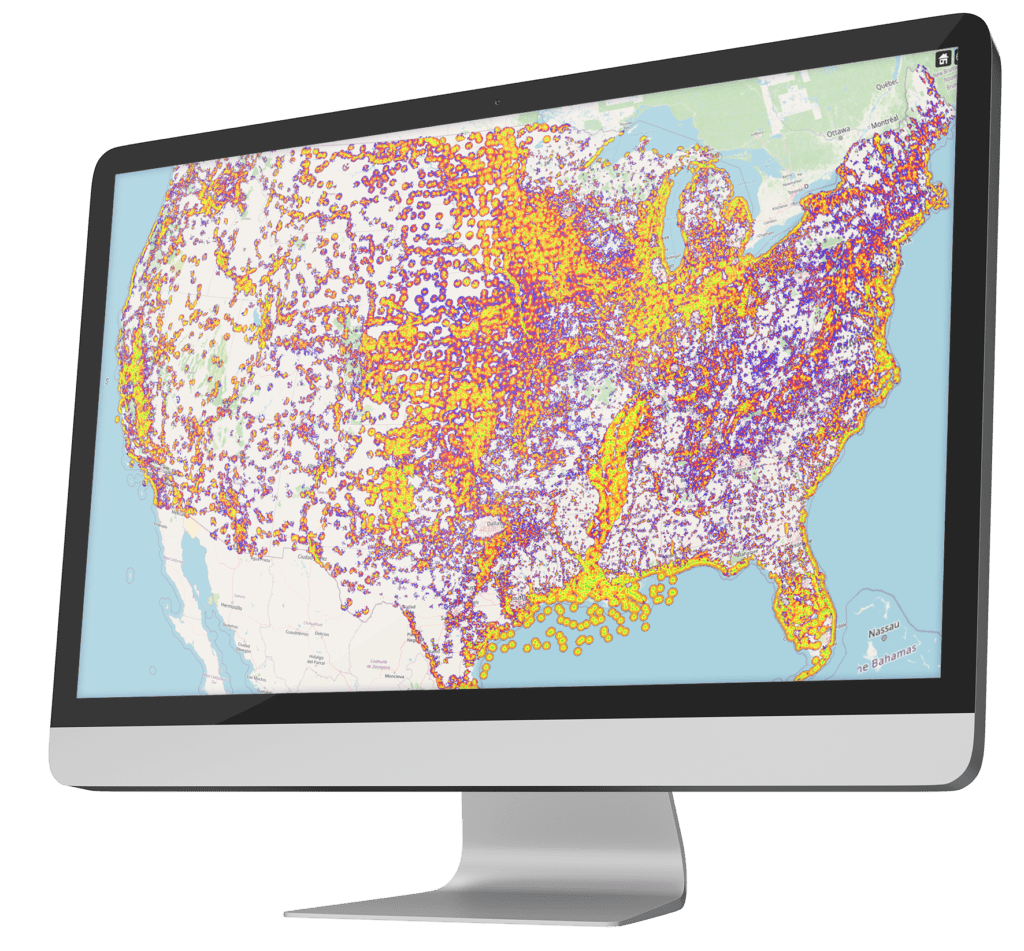
Design Automation
EDX provides robust features to address these challenges across any service area and geographic region to ensure networks meet budgetary and performance requirements now and in the future.
Too many engineering tasks require an abundance of unnecessary manual labor and configurations throughout the entire network design, deployment, and optimization.
EDX works with our customers to determine where time is wasted during network engineering and provide features that automate these tasks. With solutions to automatically determine site locations, tune field measurements, intelligently lay out system equipment, instantly access high-res data with no conversion or manipulation needed, and more…
EDX streamlines processes, eliminates manual and guesswork and keeps engineers doing what they should be doing.
Auto-Placement
Automated features determine site locations for best performance as well as properly dimensioned networks so you don’t overspend on hardware. Easily import tower/pole information, or let the program determine candidate locations to choose from, eliminating the need to run coverage studies for each potential site in a service area and keeping engineers from getting bogged down in guesswork and trial-and-error.
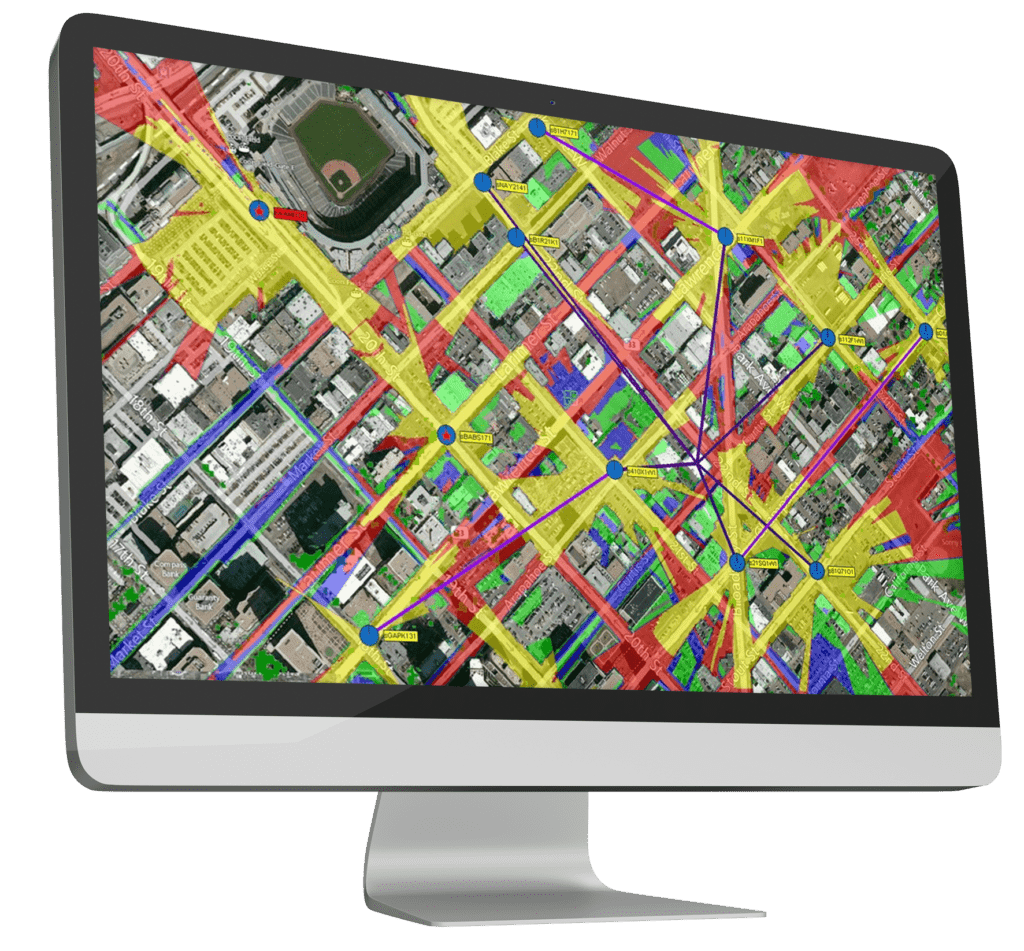
Visualization
EDX provides powerful tools to visualize system coverage and performance. Create macro coverage maps showing performance across large geographic regions including state or nationwide, down to particular service areas to see performance at a street-level view. Export results to third-party programs and image formats for presentations.
Replay
Study results are cached for future analysis and optimization, eliminating the need to reinvent studies and start the whole process again. Replay studies provide “what if” and delta analysis for network acceptance and RFP responses.
Costing
Engineers can view the cost of new and existing networks by including the cost per router, sector, meter type etc in studies. Run various scenarios for comparison and to determine the best network configuration for cost and coverage.
